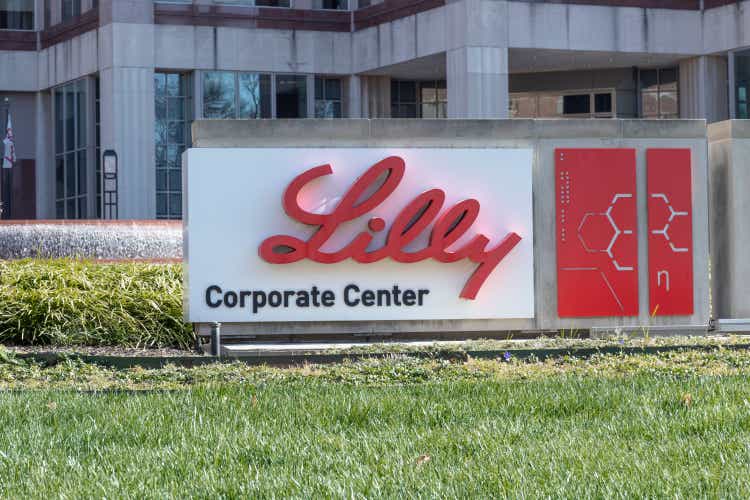
jetcityimage/iStock Editorial via Getty Images
Eli Lilly (NYSE:LLY) has reportedly sent out cease-and-desist letters to compounding pharmacies and clinics that were providing copycat versions of its hugely popular weight-loss and diabetes drugs Zepbound and Mounjaro while the medications were in short supply.
The drugmaker is demanding that compounding pharmacies, telehealth providers and medical spas stop making, selling and/or promoting knockoff versions of Zepbound and Mounjaro, which had been on the FDA’s drug shortage list since December 2022, according to Bloomberg.
The FDA allowed copycat versions of the drugs to be made and distributed while the drugs were in short supply. That changed on Oct. 2, however, when the agency took the drugs off the shortage list.
Bankers have estimated compounded versions of the drugs, which are often far cheaper than branded versions, had been generating annual sales of around $1B, according to Bloomberg.
Some compounding pharmacies are continuing to supply compounded formulations for certain patients under an FDA provision that allows for such versions when they are deemed medically necessary by a prescriber, Bloomberg said.
The Outsourcing Facilities Association, which represents bulk compounding pharmacies, has sued the FDA for taking the drugs off the shortage list, asserting that the agency was depriving patients of needed medications, Bloomberg added.
Lilly’s (LLY) Mounjaro and Zepbound primarily compete against Novo Nordisk’s (NVO) Ozempic and Wegovy in the weight-loss/diabetes drug market.
